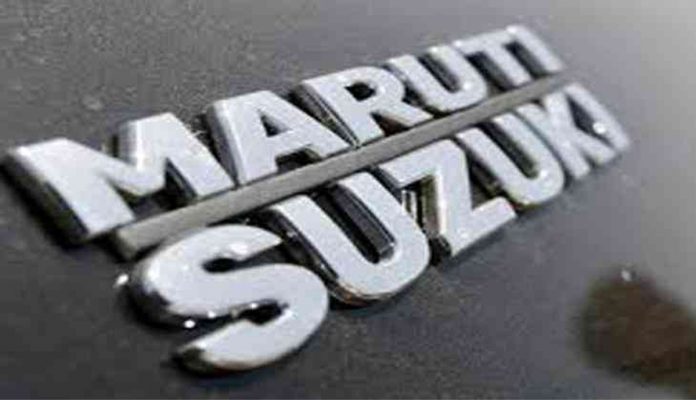NEW DELHI, Sept 5: The country’s largest car maker Maruti Suzuki India Wednesday called for a clear and stable policy framework to enable the automobile industry to prepare for future mobility.
Speaking at the annual convention of Auto Component Manufacturers of India (ACMA), Maruti Suzuki India Managing Director and CEO Kenichi Ayukawa also said India may need a technology neutral approach to meet its energy security goals.
“Technologies are big ticket investments for original equipment manufacturer (OEMs) and auto component manufacturers,” he said.
A short-term, medium-term and long-term policy road map will be useful to plan capacities and align capital investments, Ayukawa added.
Stressing on the need for a well defined road map, he said, “A clear and stable policy framework for the new technologies will give confidence to the principal investors in OEMs and component manufacturers.”
Commenting on new technologies and government’s efforts to provide energy security and cut emission, Ayukawa said the auto industry is committed to meet the goals.
He, however, said, “Imperatives for India are different; hence, to meet the energy security goals, India may need a technology neutral approach.
“Let us keep all options open — electric vehicles (EVs), hybrids, CNG, methanol and ethanol.”
Stating that investments must be made in new technologies and build capabilities and capacities in all these areas, Ayukawa said, “Even if we look at a small EV penetration by 2030, still a large volume of internal combustion (IC) engines will need some form of electrification.”
Next phase of mobility will bring in several new technologies like EVs, hybrid electric vehicles and connected cars, he added.
Seeking support from the government for the development of new technologies, he said, “Adoption of any new technology needs adequate infrastructure to take off and attain critical mass.”
Ayukawa further said efforts are needed to set up a complete eco-system from procurement of raw materials to charging infrastructure and recycling of the batteries.
“Similarly, connected cars will require special infrastructure at another level,” he said.
With India set to bring in new safety norms by next year and BS-VI emission by 2020, Ayukawa said there’s a need for scrappage policy to phase out old vehicles.
India will move towards vehicles that will be one notch higher in terms of technology, safety and emissions, he said adding “the results of these efforts can be fully realised only if the vehicles using older technologies are weeded out.”
He asked the government to quickly introduce a comprehensive scrappage policy for automobiles.
Ayukawa further said India’s core strength is being cost competitive and “as we move towards new technologies we must not lose focus on being cost competitive”.
He said, “The opportunity of lower car penetration can only be realised if our offerings are cost competitive and meet highest quality standards.”
Therefore, he said, “it is our duty to drive higher localisation levels and enhance operational efficiencies to offset cost increase.” (PTI)
Trending Now
E-Paper


